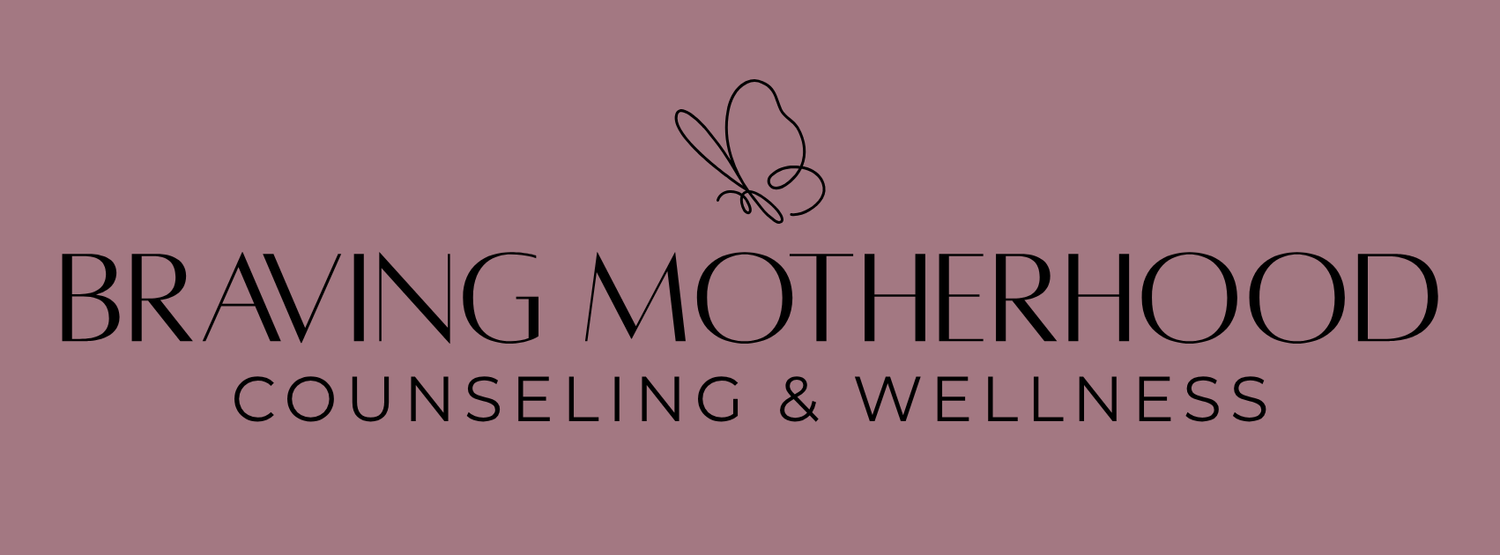Connecting With Your Baby When Your First Moments Look Different
A gentle guide for NICU parents building connection in an unfamiliar beginning
Nothing prepares you for meeting your baby through plastic, wires, and softly beeping monitors.
You knew the first days of parenthood might be emotional — but not like this.
Not with gloved hands.
Not with limits on how long you can hold your baby.
Not with so much fear wrapped around love.
And yet… even here, in this unexpected beginning, connection is still possible.
Attachment can still thrive.
Your baby can still bond deeply with you — even inside the NICU.
This may not be the start you imagined, but it is still a beginning your baby will build from.
And you are still the center of their world.
Why Connection Matters — Even in the NICU
Babies are born wired to seek connection.
Even preemies — especially preemies — are looking for your voice, your smell, your presence, and your steady, familiar rhythm.
You don’t need hours of skin-to-skin.
You don’t need a quiet nursery or uninterrupted time.
You don’t even need to hold your baby in your arms.
You just need you.
Your love, your attention, your nearness.
And even when the NICU limits what connection looks like, there are still deeply meaningful ways to bond.
Ways to Build Connection With Your Baby in the NICU
1. Your voice is one of the strongest bridges.
Even the tiniest babies recognize and respond to their parent’s voice.
Talking softly, humming, singing, or reading can signal safety and familiarity.
It doesn’t need to be a perfect script.
It could be:
“I’m here, sweetheart.”
“You’re safe.”
“I love you.”
Or simply your normal conversation tone.
Your baby hears you.
Your voice becomes home.
2. Your scent is comforting and grounding. (Preemies smell incredibly well.)
Preemies rely heavily on smell — much more than you might expect.
Your natural scent helps regulate them and builds recognition.
You can:
Place a small cloth or swaddle worn inside your shirt in the baby’s isolette (if approved).
Hold their hat or blanket close to your body before giving it back to them.
Keep something that smells like your baby close to you, too.
It’s an invisible connection — but a powerful one.
3. Touch may look different, but it still communicates love.
If you can’t hold them yet, you can use:
Containment holding: placing your warm hands gently over their head and feet, offering still, steady pressure
Hand hugs: one hand on their head, one on their torso or feet
Resting touch: your finger softly touching their hand or back
This kind of touch can lower your baby’s stress and strengthen your bond — even without picking them up.
4. Kangaroo Care (when allowed) is incredibly healing.
Skin-to-skin helps regulate your baby’s:
• heart rate
• breathing
• temperature
• stress levels
And it helps regulate your nervous system too.
This is connection both ways — co-regulation, attachment, and healing.
Even a few minutes can be powerful.
5. Hold space with your presence.
You don’t have to be doing something every moment.
Sitting beside the isolette, placing your hand on the plastic, watching their breaths…
All of this builds relationship.
Your baby senses when you’re near.
Your presence matters more than you think.
6. Create rituals or rhythms.
Small routines can feel grounding for both of you:
reading the same book
humming the same song
a gentle phrase you always say
a soft “good morning” or “goodnight”
a quiet moment where you place your hand over their back
Rituals anchor connection — even in a setting where nothing feels predictable.
7. Let yourself love them in the ways you can right now.
NICU parents often carry guilt — wishing they could hold more, do more, be more.
But connection isn’t about quantity.
It’s about attunement.
It’s about showing up in the ways that are possible.
Your baby doesn’t need you to do it all.
They need you to be there — however you can.
You’re already connecting more than you realize.
If bonding feels hard, you’re not failing.
NICU trauma can interrupt the natural bonding process.
Fear, grief, exhaustion, and medical overwhelm can make connection feel distant or delayed.
This doesn’t mean you don’t love your baby.
It means you’re human.
Attachment grows over time — not in perfect circumstances, but in small moments of showing up, again and again.
You and your baby are learning each other.
There is no “too late” to bond.
How Braving Motherhood Supports NICU Parents
At Braving Motherhood, we understand how the NICU can reshape early parenthood — emotionally, physically, and neurologically.
We support NICU parents through:
Processing NICU trauma and medical overwhelm- Finding language for what you lived through — and gently working through the fear, grief, and triggers that remain.
Strengthening parent–baby connection- Helping you build bonding rituals at home, understand your baby’s cues, and trust your instincts again.
Navigating attachment after a difficult start- Reassuring you that bonding grows with time, and offering tools to deepen connection in ways that feel natural.
Holding space for mixed emotions- Celebrating progress and acknowledging grief — without forcing you to “move on.”
Supporting postpartum mental health- Addressing anxiety, depression, intrusive thoughts, or hypervigilance linked to the NICU experience.
You don’t have to navigate this alone.
Your story matters — and your healing matters, too.
A Different Beginning Can Still Become a Beautiful Relationship
The NICU might not have been the first chapter you imagined,
but it’s not the whole story.
Your baby knows your voice.
Your baby feels your love.
Your baby recognizes your scent, your presence, your rhythm.
Connection doesn’t disappear because your beginning looked different.
It grows — quietly, steadily, beautifully — in the small moments you share.
You are building a relationship that is rooted in resilience, tenderness, and strength. And that is a powerful beginning.

